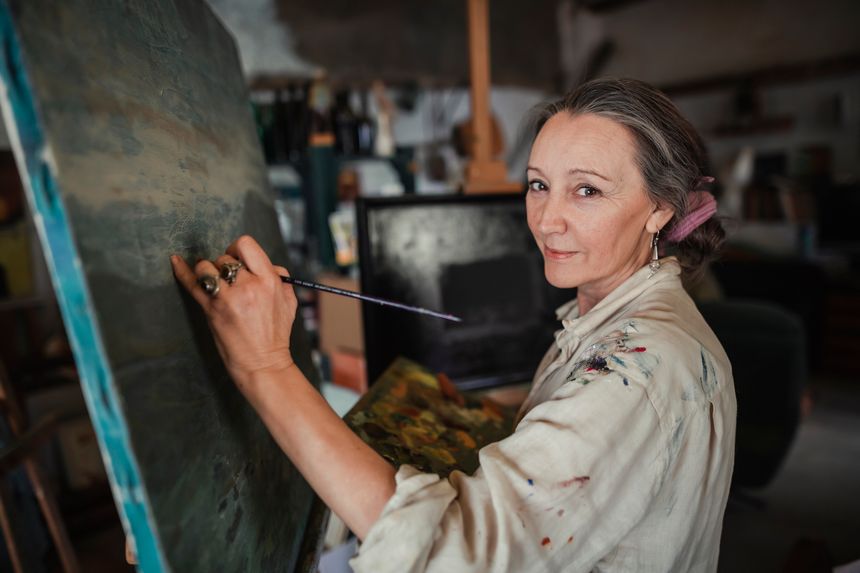
Every artist, author and musician should have a Will to protect their intellectual property.
Paintings, novels, poems, songs, screenplays and even unpublished drafts all carry not just emotional weight but also intellectual property (IP) value. These creations often represent years of dedication, personal expression, and cultural contribution. As such, they deserve thoughtful consideration – not just during an artist’s lifetime, but beyond it.
Without a clear plan, their art, legacy and financial benefits can be lost, disputed, or misused. The best way to safeguard creative assets is by writing a Will:
-
To ensure control over your legacy – you can decide who manages and inherits your intellectual property. Without a Will legislation will determine who gets control and that is often someone who may not fully understand or value your work. You can tailor your Will to ensure that your creative work ends up in the hands of those who you want to protect, preserve or promote them according to your wishes.
-
To protect future royalties and income – copyright lasts 70 years after death in the UK. This means books, songs or artwork can generate royalties for decades. By naming beneficiaries in a Will you can ensure that the people you want to benefit are able to do so from your creative work.
-
To prevent disputes – conflicts can arise between heirs, publishers and other stakeholders if you die without a Will. This can lead to a lock up of royalties, a delay in releasing work or art being withheld from the public. The clear instructions in a Will reduces the risk of costly legal battles.
-
To preserve unfinished or unpublished works – many artists and writers leave behind draft sketches or work in progress. A Will can specify whether these should be published posthumously, archived or destroyed, which ensures that your voice remains authentic.
-
To supporting causes you care about – through your Will you can leave your works or the income from them to a museum, foundation or non-profit organisation that aligns with your values. This way your creativity continues to inspire and contribute to society.
Ultimately, having a Will is about clarity and protection. It removes uncertainty, eases the burden on family and friends and ensures your artistic contributions are respected long after you are gone.
At SE-Solicitors, we believe that writing a Will in this situation is an act of creative responsibility, ensuring the future of your intellectual property and securing your personal legacy.
If you have any questions on the issues raised in this article, please get in touch with me, Lucy Gordon, here.


/Passle/60d59e96e5416a116451a194/SearchServiceImages/2026-01-23-10-28-05-615-69734d351637c476aaedd278.jpg)
/Passle/60d59e96e5416a116451a194/SearchServiceImages/2026-01-20-10-51-05-067-696f5e198155abbdb026c7c4.jpg)
/Passle/60d59e96e5416a116451a194/SearchServiceImages/2026-01-19-15-29-07-797-696e4dc377080ab44103a9d7.jpg)